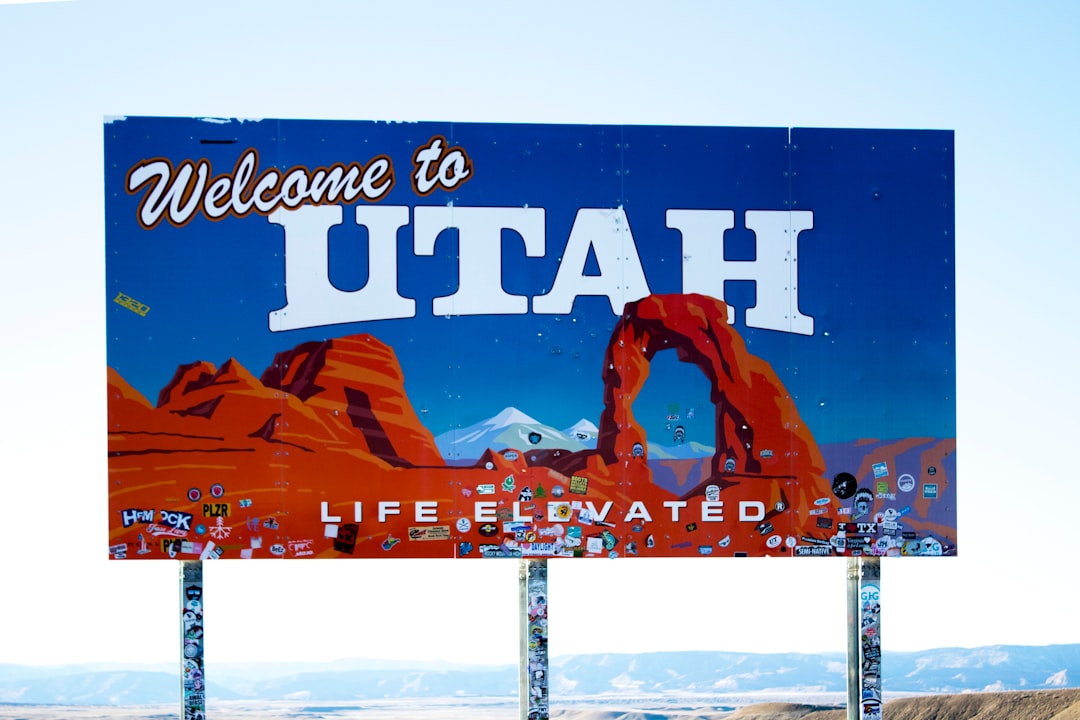Protect your privacy from unwanted spam calls in Utah by understanding the Telephone Consumer Protection Act (TCPA). Hire a reputable spam call law firm or Utah-based TCPA lawyer to stop excessive calls, assert your rights, and document interactions. Combine legal guidance with advanced call blocking tools for comprehensive protection. Swift action is key; consult professionals like spam call lawyers in Utah for TCPA cases, settlements, or lawsuits against spammers, reclaiming control over communication channels. Stay informed about digital rights to manage online privacy effectively.
As a concerned citizen living within state lines, protecting your personal information online has become more critical than ever. With the rise of spam calls and evolving laws like the Telephone Consumer Protection Act (TCPA), understanding your rights and implementing best practices is essential. This guide navigates effective strategies to stop spam calls in Utah, including legal actions through a reputable spam call law firm or lawyer specializing in TCPA cases, ensuring you stay informed about Utah’s latest regulations on spam protection.
Understanding Your Rights: The TCPA and Spam Calls

Understanding your rights is a crucial step in protecting yourself from unwanted spam calls. In the United States, the Telephone Consumer Protection Act (TCPA) is a federal law designed to safeguard consumers from certain practices that may be considered intrusive or harmful, such as spam calls. This law prohibits businesses and individuals from making automated telephone calls or sending text messages to mobile phones without the prior express consent of the recipient.
If you’re receiving excessive spam calls in Utah, it’s important to know that there are legal avenues available to stop them. Engaging a reputable spam call law firm or consulting with a lawyer specializing in TCPA cases within Utah can help you understand your rights and take appropriate action against violators. By familiarizing yourself with the Spam Call law in Utah, you can protect your privacy and ensure that your communication channels remain free from unwanted intrusions.
Identifying and Reporting Spam Calls Effectively

Spam calls are a common nuisance, but there are effective ways to identify and report them. The first step is to understand what constitutes a spam call—unwanted or unsolicited phone calls promoting products, services, or investments, often with repeated or prerecorded messages. In Utah, as in many states, these practices are regulated by the Telephone Consumer Protection Act (TCPA). Knowing your rights under this law is crucial.
To stop spam calls, start by identifying the caller using tools available on your phone or online. Many devices have built-in call-blocking features or apps that can help filter out known spam numbers. If the caller is a law firm or individual representing a spam call, document the conversation and date of the call. This information will be valuable if you decide to report the caller to your local Utah attorney general’s office or file a complaint with a TCPA-compliant spam call lawyer or law firm in Utah.
Implementing Technical Solutions to Block Spam

Implementing technical solutions is a proactive step in managing your personal information online and preventing unwanted spam calls. One effective method to stop spam calls is by utilizing robust call blocking apps or software that filter out suspicious or unknown numbers. These tools often use advanced algorithms and machine learning to identify and block spam, ensuring your privacy. Many popular options offer features like whitelisting trusted contacts, automatic call screening, and customizable blocking rules.
In Utah, where the Telephone Consumer Protection Act (TCPA) regulations are stringent, having such protections in place is especially crucial. Engaging a reputable spam call law firm or consulting with a lawyer specializing in TCPA cases can provide guidance on the best technical solutions for your needs. By combining these legal and technological measures, you can significantly reduce the volume of spam calls and regain control over your communication channels.
Legal Actions: When and How to Hire a Lawyer for TCPA Cases in Utah

If you’re overwhelmed by unwanted spam calls in Utah and feel your rights under the Telephone Consumer Protection Act (TCPA) have been violated, it’s time to consider legal action. The first step is to determine if a lawyer specializing in TCPA cases is the right choice for you. In Utah, these laws are strictly enforced, and individuals who suffer from repeated spam calls can take legal recourse.
Hiring a lawyer experienced in handling spam call cases is crucial when navigating the complexities of the TCPA. They will guide you on how to stop spam calls effectively and help you understand your entitlements. A Spam call law firm Utah or a dedicated spam call lawyer Utah can assist with sending cease-and-desist letters, filing lawsuits, or negotiating settlements, ensuring you get the justice you deserve for unwanted phone harassment. Remember, swift action is key; document the calls, record relevant details, and consult a legal professional to explore your options.
Staying Informed: Utah's Latest Regulations on Spam Protection

Staying informed about your rights and the latest regulations is a crucial step in managing personal information online. In Utah, there have been significant developments to protect residents from unwanted spam calls. The state’s recent updates on Spam Protection laws provide valuable insights for concerned citizens across the nation, especially those facing persistent spam calls.
Utah’s approach focuses on empowering individuals with tools to curb these nuisance calls. Through comprehensive legislation, known as the TCPA (Telecommunications Consumer Protection Act), Utah residents can take legal action against spammers. By being aware of this law and engaging the services of reputable spam call lawyers or law firms in Utah, you can effectively stop spam calls from taking over your daily life. Learn how to exercise your rights and protect yourself online—a proactive step that every concerned citizen should consider, regardless of their location within state lines.






